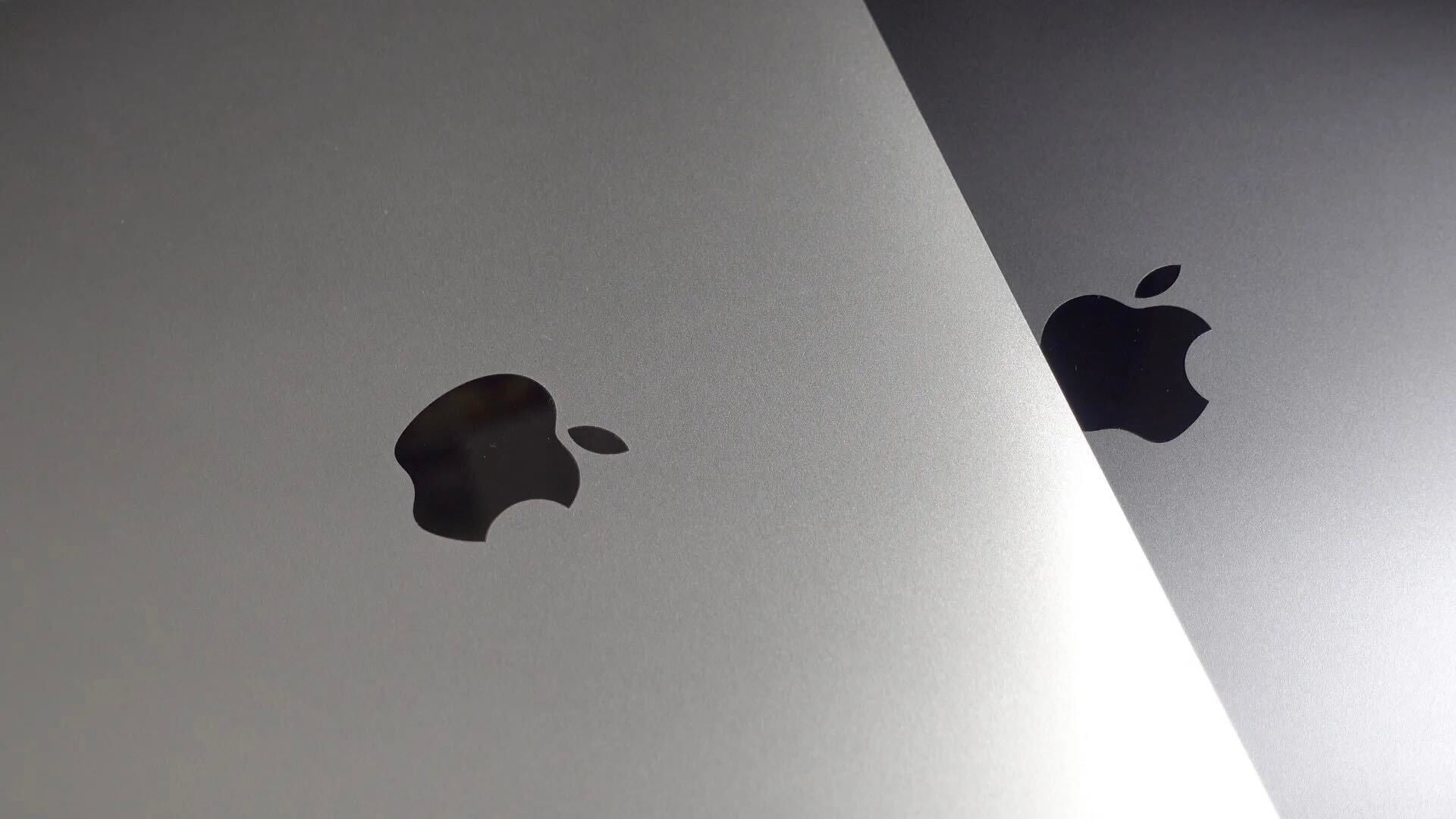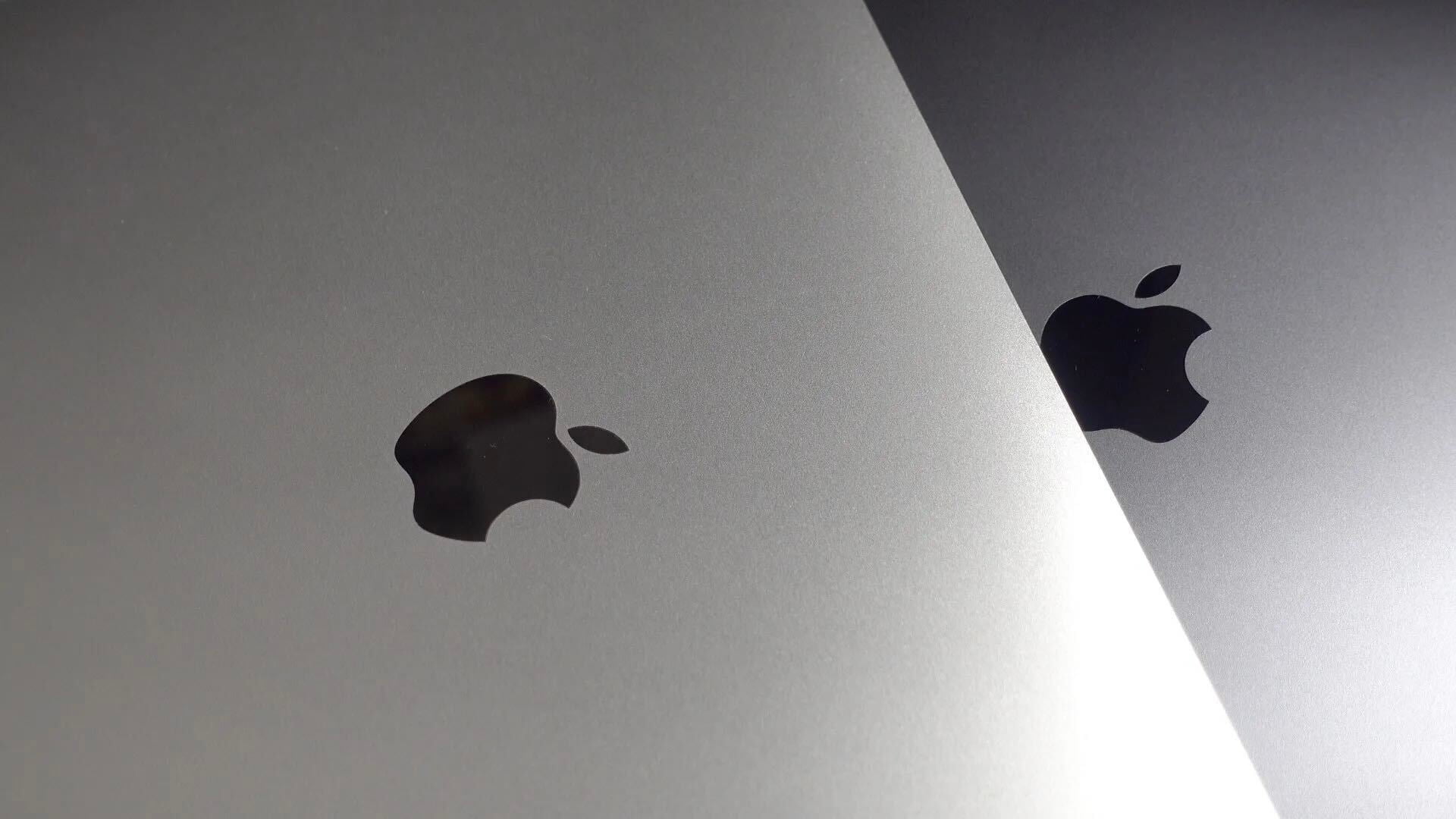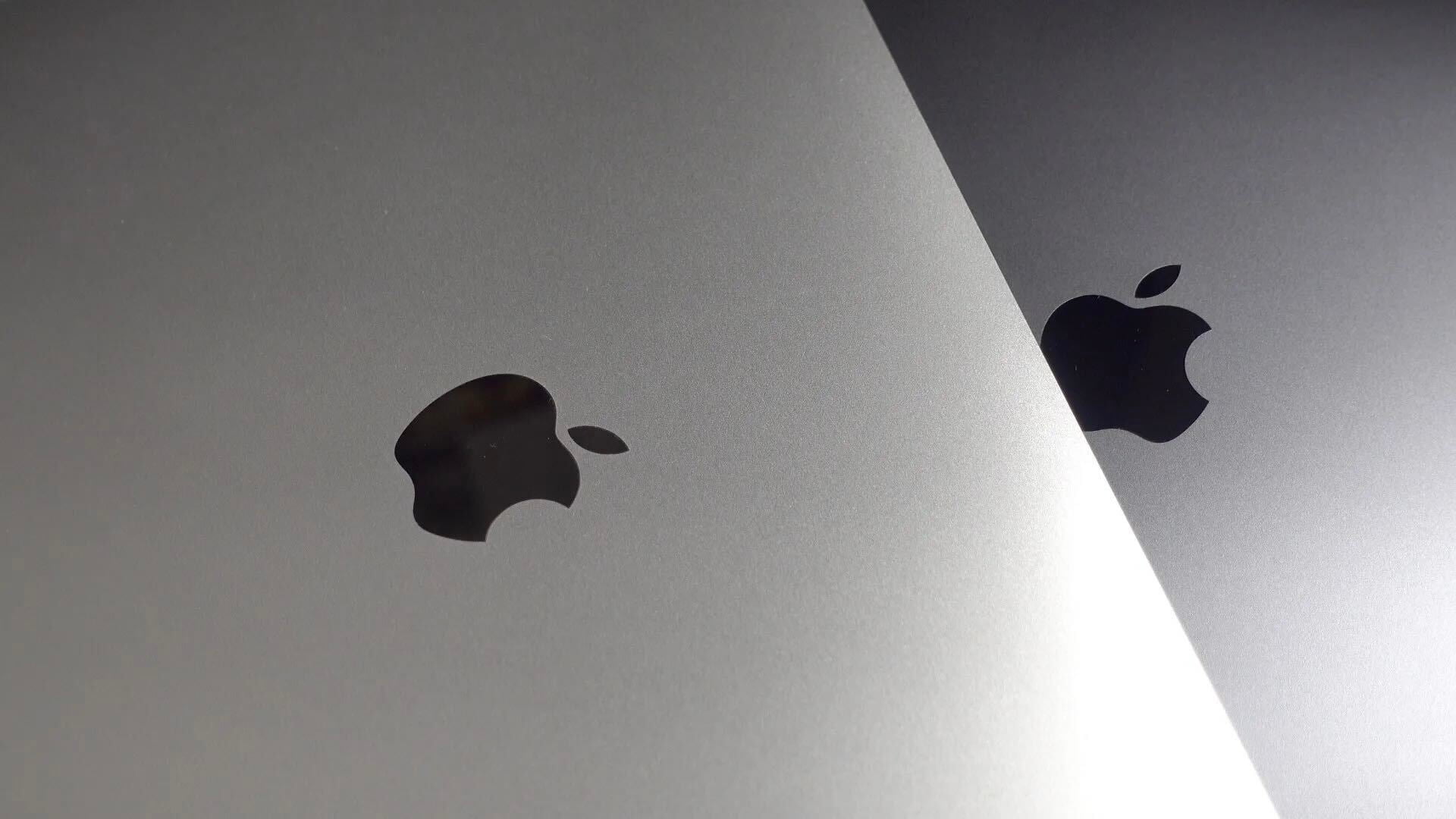
As we reported last year, a fan named Noam Lazebnik has filed a lawsuit against Apple over its decision to split the fifth and final season of AMC’s hit show Breaking Bad into two sections, the “fifth season” and the “final season.” The distribution scheme matched up with the network’s decision to air the season over the course of two years, but fans who purchased “season 5” on iTunes were expecting to get all 16 episodes, but later learned they’d only get the first eight.
To Apple’s credit, once the issue came to light, the company refunded purchases of “the final season” to customers who believed they had been misled.
Today, a judge ruled that the case would be allowed to move forward despite Apple’s insistence that Lazebnik had not actually bought the season, but rather his son-in-law had done so using Lazebnik’s credit card (with his permission). According to Apple, Lazebnik did not see any guarantee that he would receive all 16 episodes, and therefore cannot sue for false advertisement.
The judge decided that it wasn’t yet the appropriate time to answer that question, and has put the burden of the decision on the jury, should the case go that far. A few other elements of the case have been thrown out, however, including a claim of breach of contract because there is no proof to back up Lazebnik’s claim that any such agreement existed.
Nonetheless, the case will move forward toward a class-action jury trial, though it may never actually reach that point anyway.




